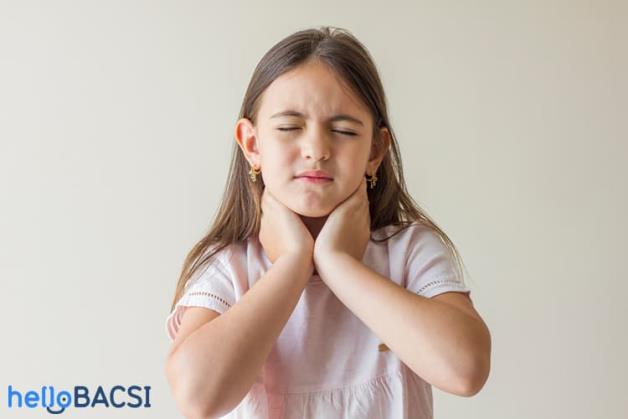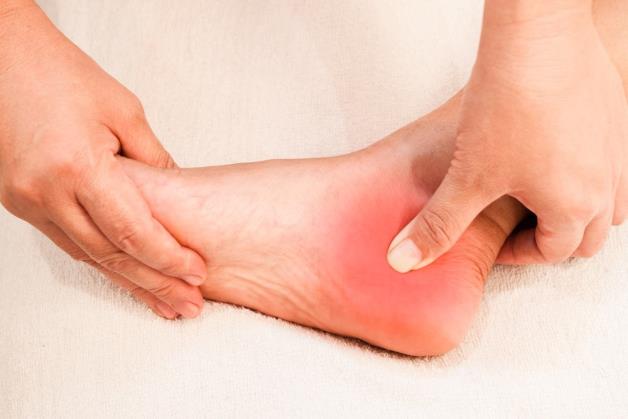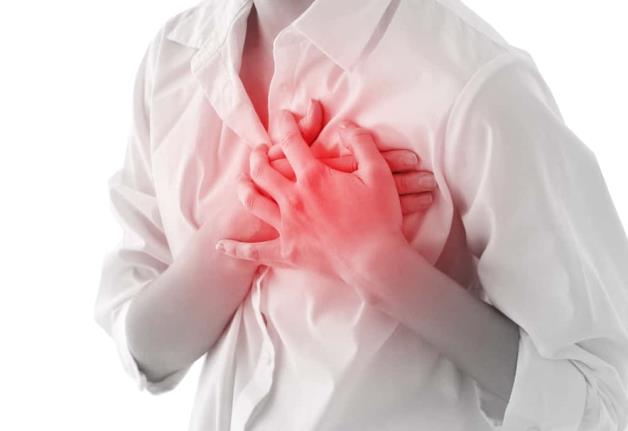Symptoms of shortness of breath, fast heartbeat (palpitations) may come on suddenly or develop gradually. When your heart beats fast and difficult to breathe, your respiratory system is having a mild or severe problem.
When you feel tired and short of breath, it's important to rest. At the same time, you need to pay attention to whether the palpitations are sudden or frequent. The frequency and severity of shortness of breath and heart palpitations can be a sign of a certain type of cardiovascular or respiratory disease.
Causes of shortness of breath and rapid heartbeat
Heart palpitations, difficulty breathing due to lung diseases
Lung diseases can make you feel tired and short of breath. Among them, there are diseases that need to be treated as soon as possible.
Asthma
Asthma is an inflammation and narrowing of the airways. People with asthma often have fatigue, shortness of breath, cough a lot. The cough is accompanied by a feeling of tightness in the chest.
Pneumonia
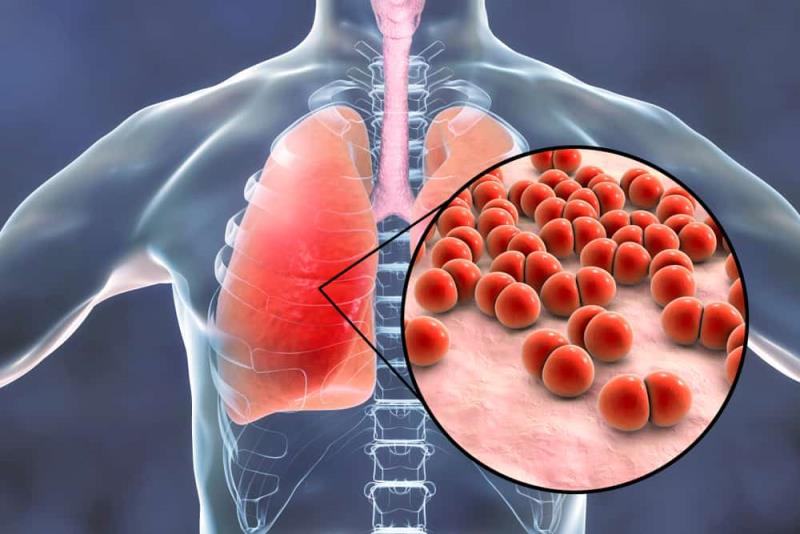
Pneumonia occurs when the lungs become infected and accumulate fluid and pus inside. The disease can be spread from person to person. If not treated promptly, the disease can be life-threatening.
The most common symptoms of pneumonia include:
- Shortness of breath, heart palpitations
- Cough
- Chest tightness
- Chills
- Fever, sweating
- Muscle pain
- Extreme fatigue
Chronic Obstructive Pulmonary Disease (COPD)
Chronic obstructive pulmonary disease (COPD) is a disease that impairs lung function. Common symptoms of COPD include:
- Cough continuously
- There is a lot of viscous phlegm in the throat
- Chest tightness, fatigue, difficulty breathing
Pulmonary embolism
Pulmonary embolism is a disease that blocks one or more arteries leading to the lungs. If not treated promptly, the disease can be life-threatening.
People with pulmonary embolism often experience the following typical symptoms:
- Swollen feet
- Chest tightness
- Abnormally fast or slow heart rate
- Dizzy
- Pale face
Shortness of breath, heart palpitations due to heart diseases
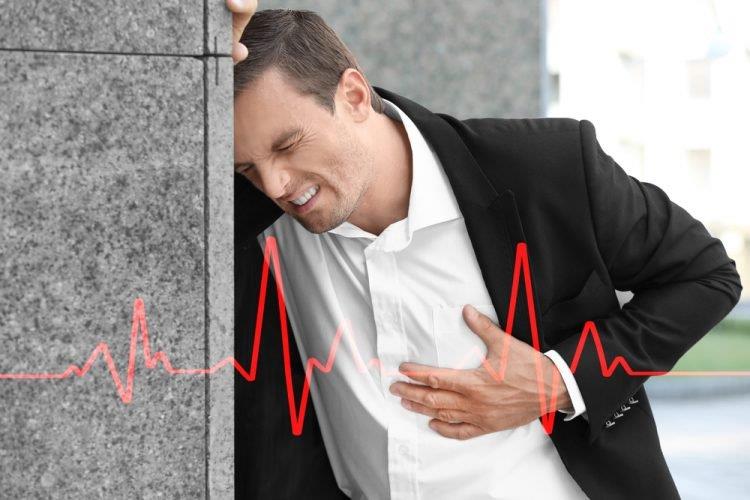
When you have heart disease, you will find yourself more often tired and short of breath. This is because the heart is "trying" to pump oxygen-rich blood to other parts of the body.
Common heart conditions that cause palpitations include:
Coronary artery disease
Coronary artery disease is a disease that narrows and hardens the arteries that carry blood to the heart. This condition reduces blood flow to the heart. Instinctively, the heart will beat faster to increase the ability to receive and pump blood to other places. Over time, it causes permanent damage to the heart muscle.
Congenital heart disease
Congenital heart disease (also called congenital heart defects) are inherited problems with the structure and function of the heart. Symptoms are usually shortness of breath and rapid heartbeat. Patients also have a lot of difficulty maintaining breathing.
Heart palpitations, difficulty breathing due to congestive heart failure
Congestive heart failure occurs when the heart muscle is damaged and weak. At this time, the heart does not do a good job of pumping blood around the body. At the same time, the disease causes fluid to build up in and around the lungs.
Other heart conditions that cause a person to have symptoms of shortness of breath, heart palpitations include arrhythmias, open heart valves, etc.
Fixing shortness of breath, heart palpitations
 Exercise to prevent shortness of breath and heart palpitations ” width=”750″ height=”500″ />
Exercise to prevent shortness of breath and heart palpitations ” width=”750″ height=”500″ />
Depending on the cause of your heart palpitations, your doctor will guide you on the appropriate treatment.
However, some basic remedies for shortness of breath and heart palpitations can help.
Lifestyle change
If the symptoms of shortness of breath and heart palpitations only occur when you exercise too hard or walk at a height, you just need to rest and move to a lower place.
Adjustments in routine and lifestyle also contribute to improving fatigue and shortness of breath. Going to bed earlier, eating healthy, and exercising every day are basic but effective ways of heart health as well as overall health.
Reduce stress
If stress is causing you breathing problems, find ways to minimize your exposure to stressors. You can also relieve stress with activities such as meditating, listening to positive music, participating in social activities, etc.
Take medicine exactly as prescribed by your doctor
If the symptoms of shortness of breath, heart palpitations, and heart palpitations are a symptom of a heart or lung condition, you need to take medication as directed by your doctor to keep the disease under control.
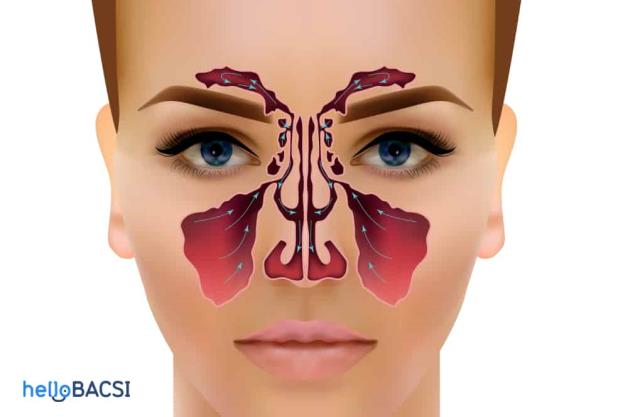



 Exercise to prevent shortness of breath and heart palpitations ” width=”750″ height=”500″ />
Exercise to prevent shortness of breath and heart palpitations ” width=”750″ height=”500″ />
